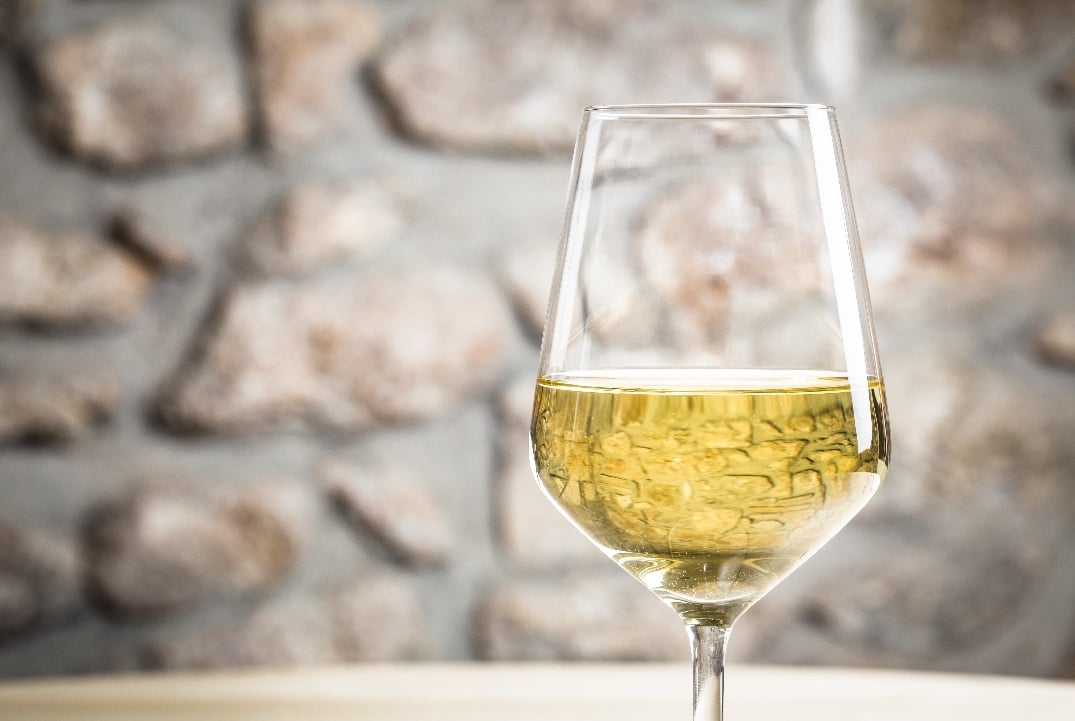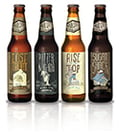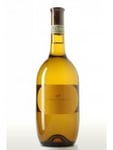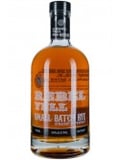3 min read
From Hurricanes to Sazeracs: Mardi Gras Cocktails with Food & Wine Pairings
Mardi Gras—also known as Fat Tuesday- is one of the world’s most iconic celebrations. Known as Carnival in many...
By: Beau Farrell on May 08, 2023

Cabernet Blanc, Syrah, Pinot Grigio, Tempranillo, Malbec, Muscat—wait, what’s a muskrat doing in a lineup of wines?
All kidding aside, Muscat wine may not be the most recognized varietal in your neighborhood, but that doesn't mean it's not worth a spot in your rotation. You’ve probably heard of Moscato or Moscatel—yes, the same grape—but withhold your judgment just long enough to learn what there is to appreciate about Muscat wine.
Like many a grape varieties, Muscat wine’s humble story begins in France—the Muscat Blanc à Petits Grains grape family, to be precise. These small grapes have grown in the Southern Rhone Valley of France and gained popularity among wine drinkers in the 1990s. Muscat Blanc à Petits Grains grapes are related to those used to produce wines including Moscato d’Asti in Italy, Grüner Veltliner in Austria, Rutherglen Moscato in Australia, and Vin de Constance from South Africa.
Some believe Muscat Blanc à Petits Grains grape vines were brought by the Romans from Italy to France 2,000 years ago, or possibly by the Greeks from their vineyards near the Mediterranean Sea. The small grapes are light brown, pink, or red, and are sometimes used to make raisins. Unlike many other sweet wine grapes that are picked late in the harvest, Muscat grapes are often picked first in the season. “Muscat wine is the one that sincerely tastes like the grape,” you might overhear some people say at wine tastings or dinner parties.
Muscat wines are generally on the low side in acidity, tannins, and alcohol. Clean to syrupy, golden sweetness is the name of the Muscat game. Sometimes, they’re a bit dry, but there’s no need to be ashamed if you like it really sweet. Muscat wine is here to be your dessert accomplice.
A few options for you:
Pro tip: Don’t confuse Muscat and Moscato for the dry, savory white wine Muscadet. They are totally different. But you might want to try (and even buy) both. Check out our video on how to taste wine like an expert!
With so much fresh, light sweetness in the Muscat wine family, think of pairing a glass with rich foods and desserts. Consider a variety of foods that match or complement the textures of whatever specific Muscat wine you’ve picked out.
Pairing suggestions with Muscat wine:




Feb 16, 2026by Ted Farrell
Mardi Gras—also known as Fat Tuesday- is one of the world’s most iconic celebrations. Known as Carnival in many...
Feb 7, 2026by Ted Farrell
The world is getting ready for the 2026 Winter Olympics, hosted in northern Italy in the stunning cities of Milan and...
Feb 3, 2026by Ted Farrell
Are you single and not-so-ready-to-mingle? Planning a solo movie marathon? Celebrate Valentine's Day with a little bit...